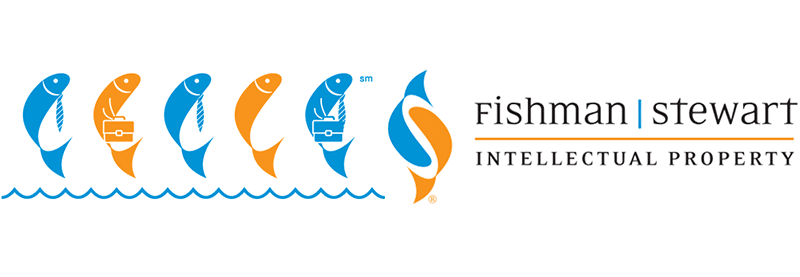Intellectual Property Insights from Fishman Stewart
Volume 20, Issue 14
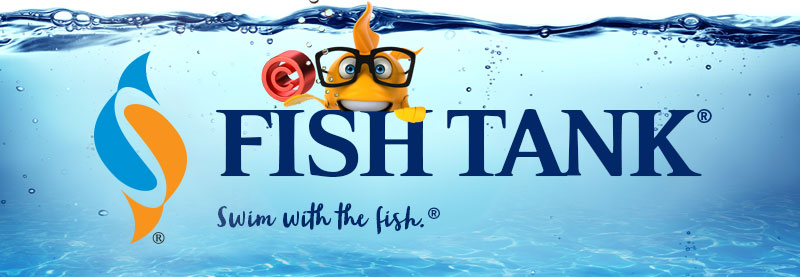
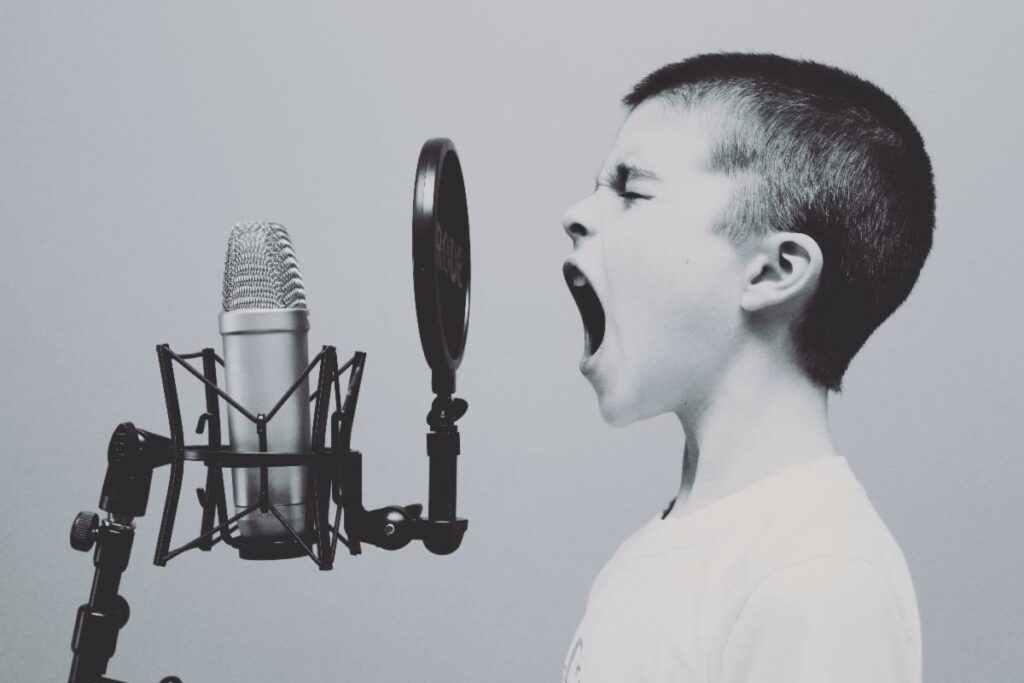
A.I. State of Mind
By Zachary P. Grant
In a previous edition of Fish Tank, we talked about issues surrounding Artificial Intelligence (“AI”) as possible “inventors.” There, we reported that the United States Patent and Trademark Office declared AI cannot be an inventor because it is not a natural person. However, as AI becomes more sophisticated, the line between man and machine becomes more blurred. Among the growing issues is the expanding world of AI “Deepfakes.”
You may have heard of deepfake videos that impose celebrity faces onto adult film stars or watched a deepfake video of Barak Obama or Donald Trump delivering out of character messages. These types of deepfakes have been outlawed by legislation in some states because of the videos’ potentially dangerous nature. But there is a shift in deepfake trends that is more subtle.
Earlier this summer, rapper Jay-Z submitted copyright take-down requests for songs on YouTube of himself rapping Shakespeare’s Hamlet and Billy Joel’s We Didn’t Start the Fire. The problem was, however, Jay-Z did not actually sing the songs, they were created by AI. YouTube initially took down the videos, but later reversed course and reinstated the videos. The reversal is possibly due to the unlikeliness that Jay-Z holds copyrights to the songs because the audio used did not originate from him but rather from AI. (Although presumably Billy Joel could enforce the rights of his lyrics).
AI technology can now create convincing voice replicas of any person if the user behind the AI software can feed the AI enough clean audio of the target person talking; an easy task if the target is a musician, actor, or other public or political figure. Once the data is collected, the AI produces original audio that sounds like the target’s voice. Therein lies the dilemma with using copyright law to take down deepfake audio: the AI is not using existing audio – copyrightable voice recordings – and weaving clips together to form a derivative track. Rather, the AI is creating new original audio that simulates the target thereby circumventing any copyright.
Voice simulation is not a new intellectual property issue in the United States. In Midler v. Ford Motor Co., Ford hired a singer for its commercial who imitated Bette Midler’s voice after Ms. Midler declined to participate in the advertisement. In that case, the court acknowledged existing copyright law that someone’s voice, by itself, is not copyrightable. Ms. Midler won her suit on right of publicity claims, not copyright. A voice can be an important part of someone’s identity, and a celebrity’s identity is particularly vulnerable to misappropriation. But right of publicity enforcement is not as streamlined online as copyright.
As AI deepfakes become more sophisticated and indistinguishable from their targets, there will inevitably be greater controversy, more regulatory discussion, and further debates about AI’s place in the world of intellectual property.
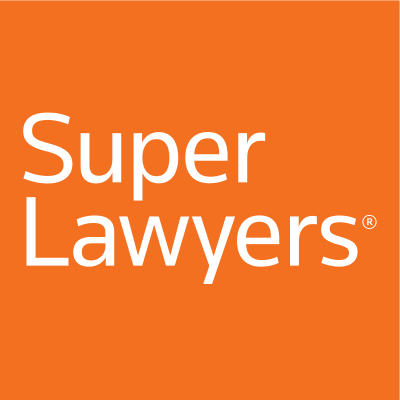
Fishman Stewart Lawyers Honored
Fishman Stewart is proud to announce that five of our attorneys have been included on the 2020 list of Michigan Super Lawyers!
Each year, no more than five percent of the lawyers in Michigan are selected by the research team at Super Lawyers to receive this honor. Super Lawyers, a Thomson Reuters business, is a rating service of outstanding lawyers from more than 70 practice areas who have attained a high degree of peer recognition and professional achievement. The annual selections are made using a patented multiphase process that includes a statewide survey of lawyers, an independent research evaluation of candidates, and peer reviews by practice area.
2020 Super Lawyers® Honorees:
- Michael D. Fishman – Intellectual Property
- John P. Guenther – Intellectual Property
- Douglas P. LaLone – Intellectual Property
- Barbara L. Mandell – Intellectual Property Litigation, Intellectual Property, Alternative Dispute Resolution, Antitrust Litigation
- Michael B. Stewart – Intellectual Property
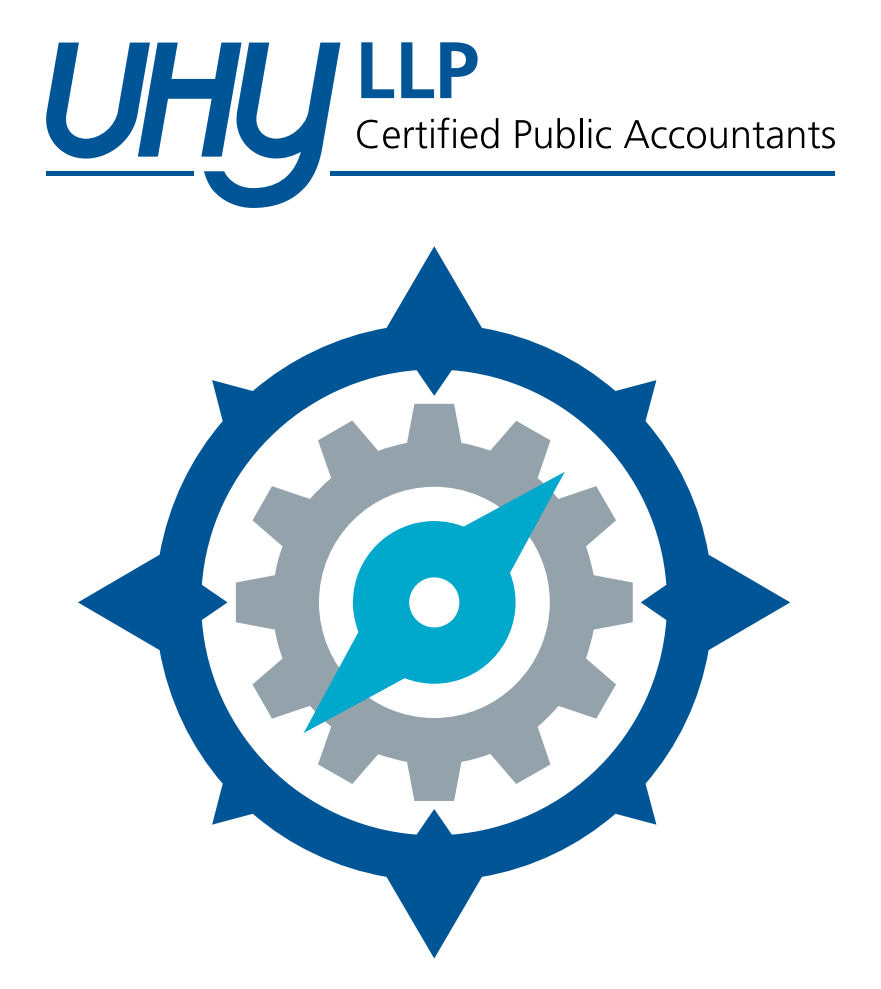
Upcoming Webinar
UHY Certified Public Accountants is hosting its annual Middle Market Manufacturing Outlook seminars online this year. The four day event, starting October 20, will explore a variety of topics from the state of the economy to accelerated development, supply chain strategies, and sustainable growth. Details can be found HERE.
A featured panel discussion on October 22 is titled “Opportunities and Risks – Moving Beyond Recovery to ‘New’ Growth.” The discussion will explore how the best companies are utilizing market trends to accelerate growth.
The panel consists of Fishman Stewart partner Douglas P. LaLone, as well as Thomas V. Alongi (national manufacturing audit partner, UHY LLP), Mike Williams (EVP, manufacturing industry practice, Chubb), and Jeff Simek (general manager, RCO Engineering). The event will be moderated by Thomas A. Stewart, executive director, National Center for the Middle Market.
Join us live Thursday Oct 22, 2020 11:30 AM EST by registering at the below link. Follow us on social media for updates and details.
IDENTIFYING, SECURING AND ADVANCING CREATIVITY®
